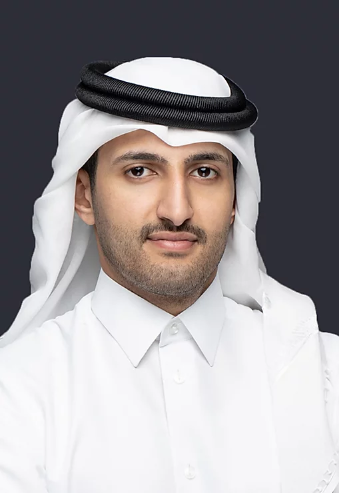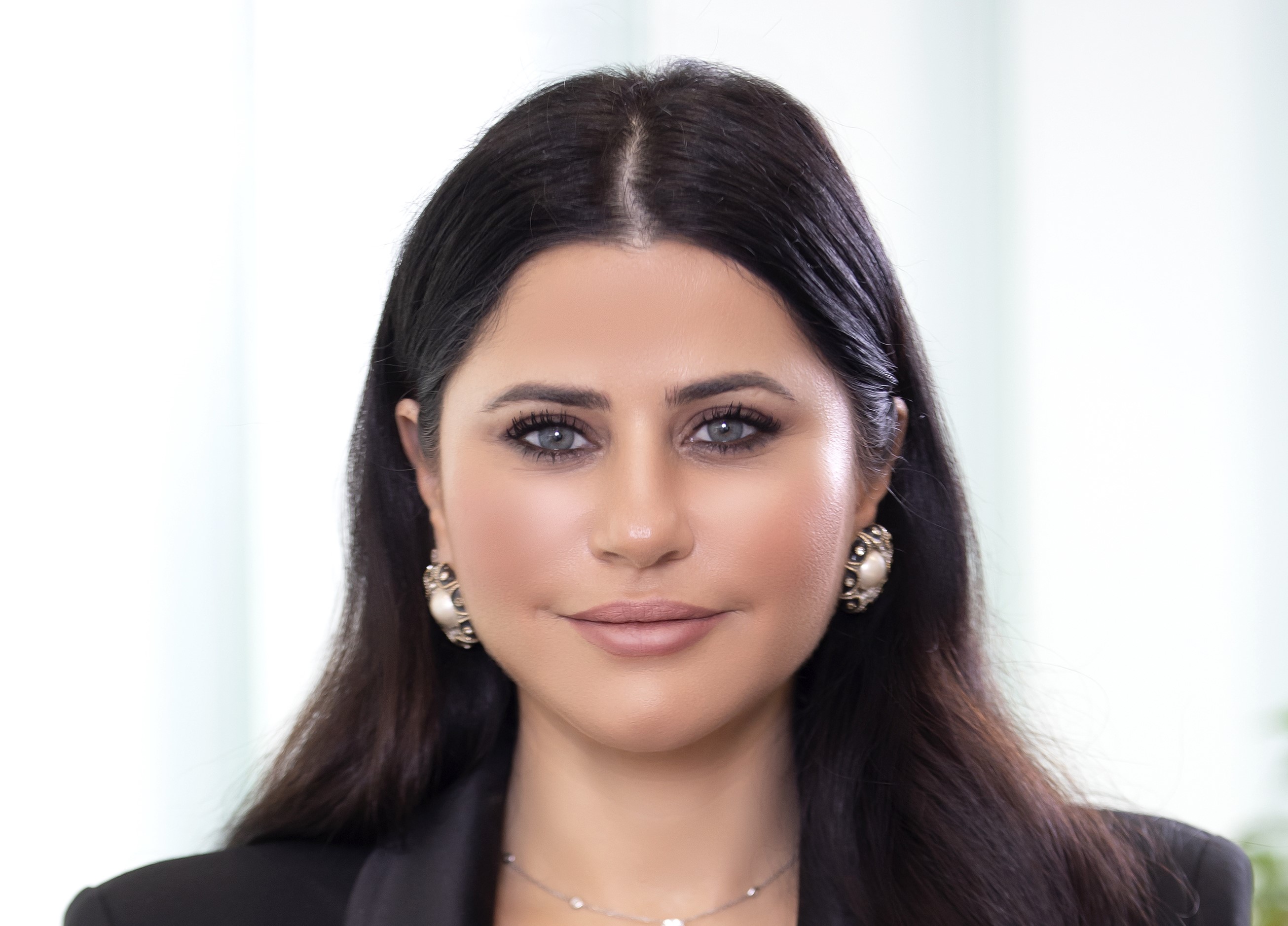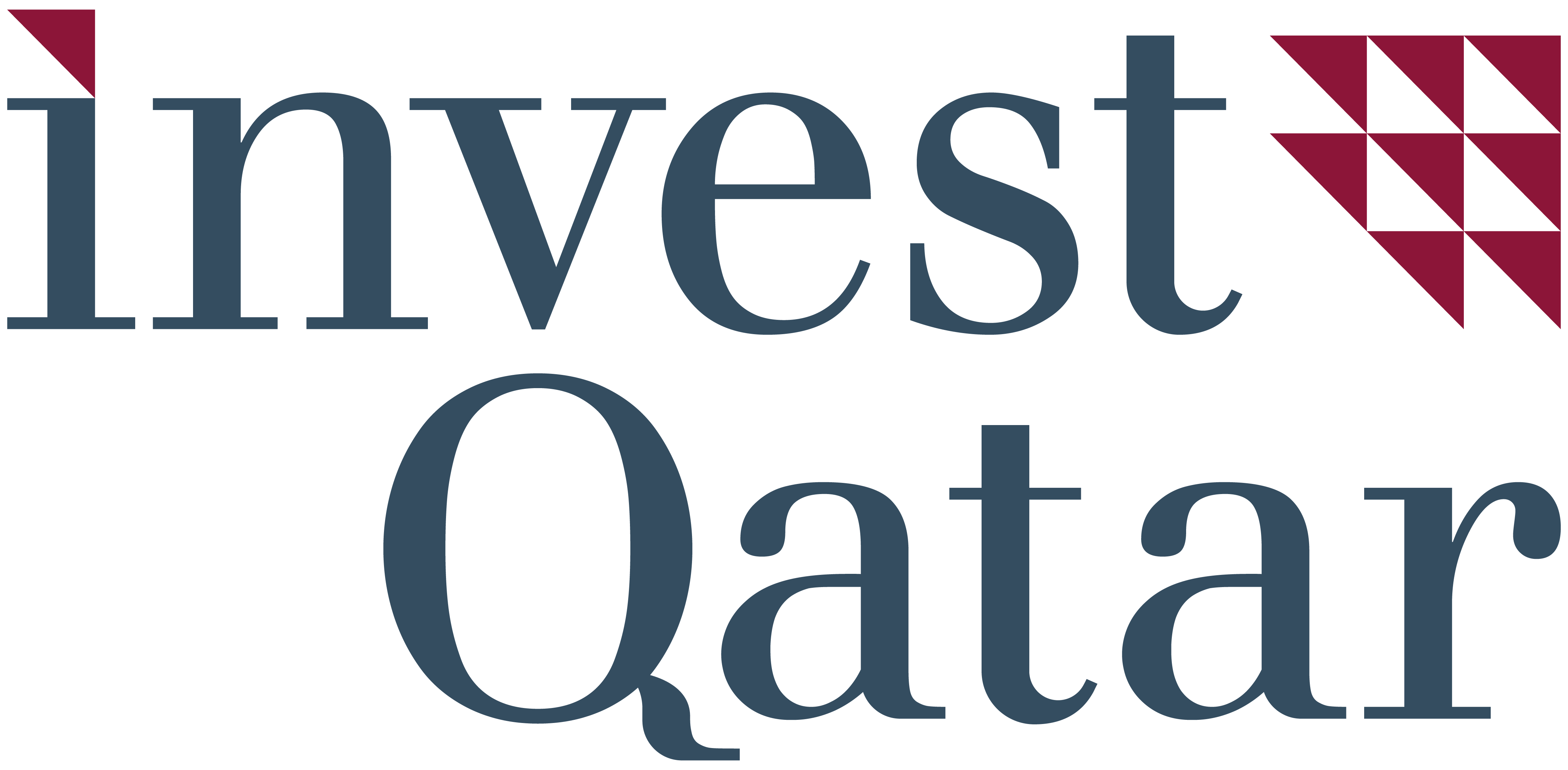Qatar will be in the spotlight of the world’s media when the 2022 FIFA World Cup opens in Doha in November. Thanks to its unique position in the world’s energy markets and its recent strategic efforts to create a business and investment-friendly environment, the Gulf state is already accustomed to attracting attention.
The World Bank has forecast the Qatari economy to grow by 4.8 per cent this year, bolstered in part by its hosting of the FIFA World Cup. And, in November 2021, S&P Global Ratings affirmed Qatar’s long- and short-term foreign and local currency sovereign credit ratings at AA-/A-1+, with a stable outlook.

According to the World Economic Forum’s Global Competitive Index, Qatar already possesses the second most competitive economy in the Arab world, while the US-based Global Entrepreneurship and Development Institute ranks its economy as the Arab world’s most entrepreneurial. In 2020, Qatar was ranked third in the World Bank’s Doing Business report for impact of tax on business.
While Qatar is often associated with headline-grabbing investments of its own – the Qatar Investment Authority is reported to have strategic assets worth $366bn under management – the country has also worked hard in recent years to increase its appeal to international entrepreneurs and investors.
4.8%
this year.
Attractive to investment
Prior to the global economic crisis triggered by the Covid-19 pandemic, foreign direct investment into Qatar generally followed an upward trend, buoyed by the country’s political and financial stability, its highly efficient corporate tax system, and the absence of personal income tax.
According to the UNCTAD 2021 World Investment Report, Qatar’s total stock of FDI stood at $28.6bn in 2020, with the largest inflows of FDI coming from the US, Japan, South Korea and Singapore. In recent years, Qatar has also introduced a series of reforms that are designed to create a competitive, pro-business environment while assisting in the country’s transformation.

In 2016, Qatar became the first Gulf Cooperation Council (GCC) country to implement a Data Protection Law, and has also introduced reforms to its foreign investment and foreign property ownership laws. Since 2019, these have allowed up to 100 per cent foreign ownership of businesses in most sectors alongside real estate in newly designated areas. In 2020, the government also enacted legislation to regulate and promote public-private partnerships, and introduced a new minimum wage law the following year.
“Our focus is on attracting quality investments that will allow us to build a knowledge economy, that will allow us to diversify away from hydrocarbons, and also allow our people to develop the skills that will help them thrive,” says Sheikh Ali Alwaleed Al-Thani, Chief Executive Officer of Investment Promotion Agency (IPA) Qatar.
The IPA Qatar works closely with businesses and investors to understand their objectives, connect them with the right strategic partners, stakeholders and resources, and support them through the investment process. “FDI also plays a really important role in the diffusion of knowledge,” Mr Al-Thani adds. “When you attract highly skilled workers and enterprises in innovative sectors, their tacit knowledge diffuses throughout society.”
A major new digital hub
As Microsoft Qatar’s Country Manager Lana Khalaf explains, the tech giant’s decision to host its latest cloud services in Qatar is a case in point. Microsoft has operated there for more than 15 years, and announced in December 2019 its intention to open its first data centre cloud region on the peninsula. Microsoft is also launching its complete cloud computing platform in Qatar, starting with Microsoft Azure, followed by Office 365, Dynamics 365 and Power Platform.

According to Khalaf, the data centre will further establish Qatar as a major digital hub, driving innovation for a range of comprehensive cloud services, from SAP to VMware to the internet of things and artificial intelligence. “For companies who wish to expand into the region, the data centre’s cloud services will help lower costs and remove entry barriers, while enabling global companies who want to offer low latency services in the region to host their services closer to their customer,” says Khalaf.
50,000
people across all demographics by 2025.
Developing local talent
The increased adoption of cloud services is predicted to contribute $3bn to the Qatari economy by 2024, while generating more than 24,200 new jobs. “To make this investment sustainable, we need world-class talent, world-class technology and world-class infrastructure,” Khalaf continues. “That’s why we are contributing to developing the talent pool in the country and empowering people across different demographics with the digital skills they need to thrive in the jobs of the future.”
To this end, Microsoft worked with the Ministry of Communications and Information Technology to establish Qatar’s National Skilling Program, aimed at training 50,000 people across all demographics by 2025. As part of this, the Digital Center of Excellence has been launched in partnership with Elev8, offering role-based learning tracks to skill, upskill and reskill current and future workforce on AI, cybersecurity, cloud computing and data science. The programme will also partner with INSEAD, HEC Paris in Qatar and MIT xPRO.
As well as accelerating Qatar’s financial and technological transformation, the development of local talent is also central to recent agreements signed between IPA Qatar and UBS, Credit Suisse and FLYR Labs.

In October 2021, IPA Qatar and Credit Suisse signed an agreement regarding the establishment of a Global Technology Innovation Centre in Doha, which will act as a repository of knowledge, and as a resource pool for multiple business areas within Credit Suisse. The centre will also develop local talent, and support innovation research and development through specialised programmes.
In January, UBS confirmed plans to open a Business Solutions Hub in the country, in addition to the newly created UBS Wealth Management Office in Doha. While expanding UBS operations in Qatar, and supporting its growth in the Middle East, the Hub will also employ up to 200 digital experts.
Following this, in February, IPA Qatar and FLYR Labs agreed to launch the first artificial intelligence hub for the transportation sector in the Middle East and GCC, creating dozens of jobs in Qatar across FLYR’s engineering and advisory organisations.
With the development of these facilities and Microsoft’s data centres operational in time for the FIFA World Cup, Qatar will be able to present itself as one of the most digitally advanced nations in the world, capable of delivering multiple secure, cloud-based services, from digitally enhanced business solutions to smart, connected stadiums, intelligent transit and smart city urban developments.
